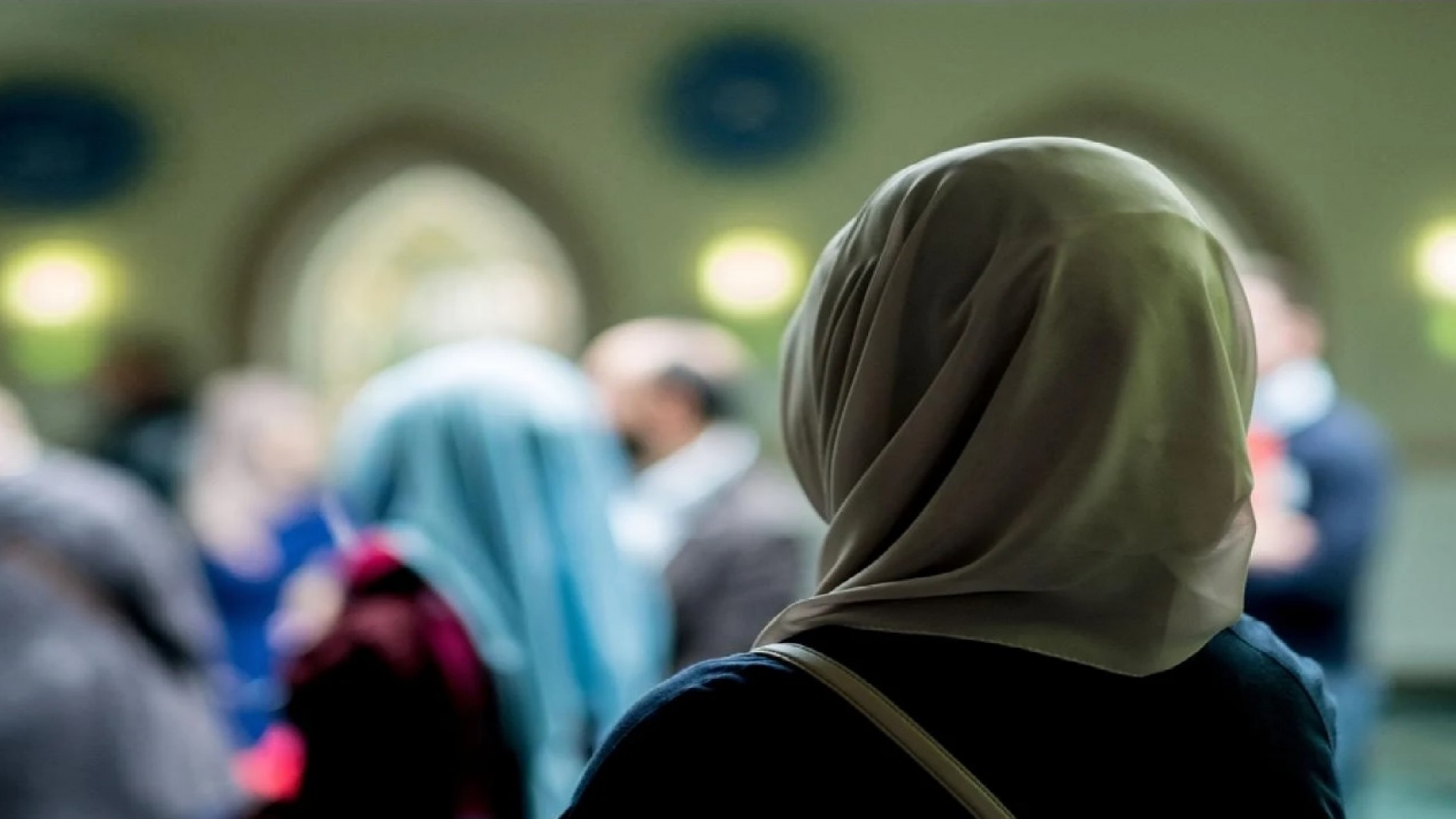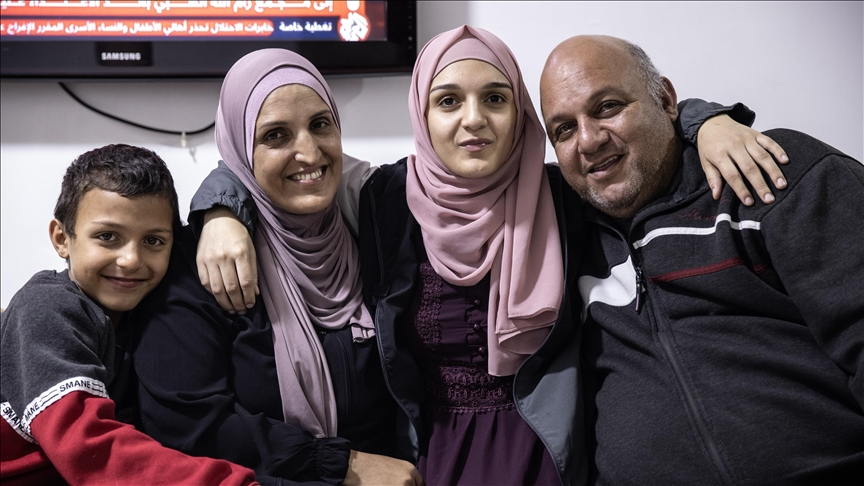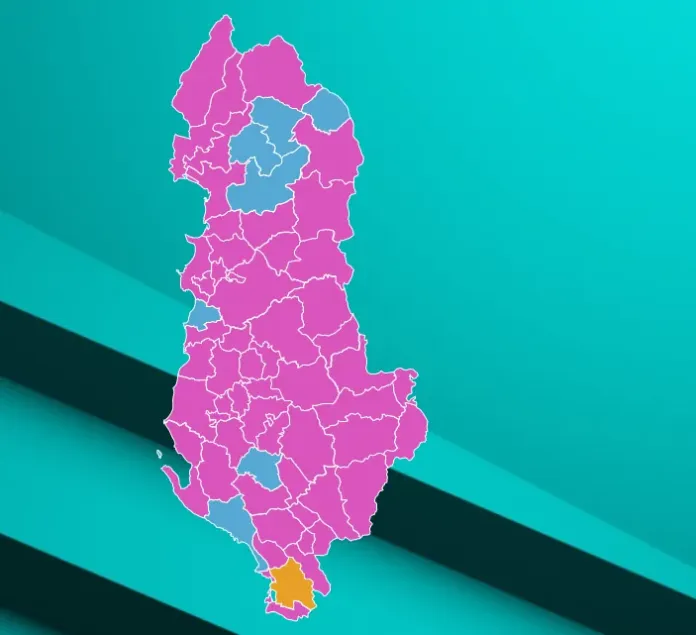Islam's concern for the feelings of women (1)

Quran, The word of Allah Almighty and the Sunnah-sayings, action, the likes of Muhammad a.s. are two inexhaustible treasures, which explicitly deconstruct every issue that is in the interest of humanity, regardless of race or gender.
Numerous accusations were leveled across the globe before and during the time of the Revelation over the injustices that were borne on the back of the woman. No society up to that time wanted to cover the woman with the cloak of mercy and respect, until Islam came, which gave the woman equal life status as well as her male partner, treating him as a human being with equal rights. With special attention he devoted himself to her feelings, for up to that time it was not even debated anywhere in the world, and no one else would deal with it. Allah the Exalted affirms that, when He made the decision to create His vicegerent on Earth, “(Remind, Muhamed) When your Lord said to the angels:I am creating (I am determining) on Earth a deputy "! (El Bekare, 30), did not do so only through a gender-male, but beside him he also created the female gender, as he says: "And it is He Who created the male and female species." (En-Nexhm, 45), gave each of them special tasks, that suit the nature of their creation, in order to carry the responsibilities with which they will be charged, in a dignified and just manner, always knowing that this precision of creation and responsibilities were determined by the Wise Creator, that can not be imagined to have weakness, shortcomings or injustices between them. When we talk about caring for female feelings as a creature, we want to briefly specify some psychological characteristics of women, not because these characteristics do not appear in men, yes because in women they are more pronounced. These features, considering their implications, are divided into positive and negative.
1. Positive characteristics and virtues are:
Durability-resistance: With this virtue we allude to the strength given to a woman to face physical and psychological difficulties and challenges during her life.. Many Muslim scholars in this field, claim that she is not comparable to a woman in terms of resistance to the challenges she faces in daily life, as if they are: pain during the menstrual cycle, which appear to her every month and never stop her from performing her duties inside and outside the house; Persistent pain during pregnancy from the first months until birth, and then during pregnancy, are moments that man cannot describe, and the Qur'an describes those difficulties in this way: "We commanded man to do good to his parents, for his mother carried him with difficulty, and bore him with difficulty…”. (The Ahkaf, 15).
We learn many lessons from the quotation, of which we say that Allah Almighty, through this fact, overestimated the woman, specifying the mother as a token of appreciation for her pain and toil, for he commanded that both be observed.(1)
Also the housework that the woman does from morning to evening, her maximum commitment to gain the satisfaction of the husband etc.. Without a doubt, this virtue is from the positive characteristics of woman, for that it must be careful of its functioning, in order for it to be strengthened even more, so that the benefit would return to her family and society, to develop in the best form. Not as it is today, when a large part of them use this gift in inappropriate places and actions. This whole process is progressive, because it carries with it a sense of charity towards others, therefore it has been proved that, within the framework of this sacrifice, in caring for her children and family in general, reflected her feelings of compassion and parental care more than men.(2)
Natural intuition
By this virtue we mean the knowledge of things and their meaning regardless of whether they are static or animated., all this through intuition and not through logic and imitation, as well as through her presence with presence. That is why I say that a woman's sensitivity to others is unreserved, accompanying, instinctively and naturally, their concerns, their feelings, their aspirations. For, women are better able to recognize and respond to them than men, who may be more prepared, more intelligent and capable. The best example in this regard, brought by the Qur'an, where Allah Almighty tells us about the queen of Sebeit Belkisen, when the message came to him from Sulayman a.s. and she sought the suggestion of her parish, AND, as she was not satisfied with their proposal, activated her intuition to understand Suleiman and to test him at the same time by sending him a precious gift. If he would accept the gift, his weakness was confirmed and he would succeed in conquering it, or, in opposite, submission is the best option, as it happened./See Qur’an 32-35/. British philosopher George Bernard Shaw (Shou) say: "Women are smarter than men, and more shrewd, more self-conscious than they are – MEN. This virtue taught them how to care for their own home and how to protect their husbands.(3) There is no doubt that this virtue also has a positive effect on women, through her caring for others, accompanying them in their feelings, their aspirations etc., as well as through positive thoughts towards others, and the benefit always returns to them.
shame
By this notion we mean adapting ourselves to avoid ugly things. This virtue constantly encourages good deeds and prevents from shortcomings towards others. Both women and men are adorned with this character, but this virtue is more embodied in women keeping in mind their femininity and their pure naturalness. This is all the more emphasized when the woman lives in an environment surrounded by noble virtues. Although this virtue varies from one person to another, as well as in gender, so a male may be ashamed of more than a female, and vice versa. As described by the Prophet a.s. turpin e Othmanit r.a., or as narrated by Abu Sa'id Al-Hudari r.a.. the shame of the Prophet a.s. saying: “Pejgamberi a.s.. was more shameful than being single in her house ". (Buhariu / 6119).
We say that shame restrains a woman from being deficient in carrying out the divine commandments derived from Allah Almighty, and because of shame she s approaching forbidden immoral actions. Just as shame affects the encouragement of the observance of religious norms, which Allah commands xh.sh. – caring for her children as well as respecting her husband. There is no doubt that the virtue of shame, with which the female should be adorned, is closely related to her character and feelings. The shy woman possesses valuable feelings, through which it strengthens the purity of nature, meets femininity, improves cooperation with others etc.. Shame enables a woman to see the bounties of God in herself, sows fear in them, which enables him to see the truth. Just as it helps in reckoning towards the obligations of God as well as towards the rights of society.
Motherhood
By this virtue, we allude to the innate instinct, which emanates from the mother to care for her children from the time they are still an embryo, to continue from infancy to adulthood, trying that, in one side, provide children with comfort and pray for them, courses, on the other side, to face the challenges that arise from child marriage to old age, from disrespecting any of them that may happen to her. As long as the woman is identified by this virtue, these strong bonds between her and the baby, stem from formation in the embryo, to then become units of biological and physiological membership throughout that time. This mixture is at the same time the basis on which the mother's love is built, as an innate process. Kurani fisnik sjell shembujt më të mirë lidhur me ndjenjat e nënës në raste kur ndodh të humbë fëmijën e saj. Thotë Allahu xh.sh: “E zemra e nënës së Musait agoi e zbrazët (kur kuptoi se ka rënë në duar të faraonit)”. (The call of Musa, 10).
Dr.Beshir err-Rrushejdi thotë: “Vërtet emocionet tek gratë kanë arritur në atë masë, sa dallojnë dukshëm veprimet dhe ndjenjat e saja nga të partnerit të saj burrit. Kjo është dhuratë nga Allahu, i Cili përcakton çdo gjë dhe e zbukuron atë, ngase detyra parësore e gruas është edukimi i fëmijëve dhe përgatitja e gjeneratave, një proces që kërkon investim të madh nga mirësia e dhembshuria, që meshkujt nuk mund ta arrijnë dot”.[4]
Të gjitha këto pasione ndikojnë tek femra në mënyra të ndryshme, ndër to: mbjellja e butësisë dhe mirësisë në kodin e mirësjelljes me fëmijët e saj; Qetësimi shpirtëror me rastin e ngopjes së gruas me këtë instinkt të lindur; Mirësjellja me fëmijët e huaj kur të tjerët u bëjnë të padrejta; Preokupimi i vazhdueshëm i saj për pozitën e fëmijëve dhe gjendjen e tyre kulturore, public, ekonomike e psikologjike. [5]
Përkujdesja për lavdërim
Karakteri në fjalë bën të kuptojmë përkujdesjen e gruas që të marrë lëvdata e mirënjohje nga të tjerët. Natyrisht që femra angazhohet në vazhdimësi në forma dhe me mekanizma të ndryshëm që ta arrijë këtë. Edhe pse në fakt, sa i përket kësaj cilësie janë të barabartë si meshkujt ashtu edhe femrat, të vegjël e të rritur, megjithëkëtë femra është ma e dalluar në bazë të angazhimit të saj. Në bazë të studimeve që janë bërë në këtë fushë, [6] studiues të ndryshëm përfundojnë se femrat janë më emocionale, siç janë më të kujdesshme për lavdërim, falënderim,
qortim, dënim, etc.. Këtë e vërtetojmë më së miri gjatë daljes së tyre në ambiente të hapura gjithnjë të zbukuruare, sidomos në tubime vetëm me femra, dhe kjo me
të vetmin pretekst, që të duken mirë në prani të të tjerave. Gjithashtu angazhimi i saj për t’i përkryer punët shtëpiake me qëllim që të arrijë kënaqësinë e burrit, dhe mirënjohje prej tij, – është një tjetër cilësi e saj. Duke e ditur që feja islame i ka dhënë rëndësi të veçantë harmonizimit të raporteve bashkëshortore, në këtë kontekst ka lejuar që, në shenjë respekti, në mënyrë metaforike[7] t’i lejojë burrit edhe gënjeshtrën ndaj gruas për ta lavdëruar. it, krahas të tjerash, vërteton në mënyrë eksplicite pasionin e gruas për ta lavdëruar dhe falënderuar. Thotë Ibn Shihabi: “Nuk kam dëgjuar ndonjëherë të jetë lejuar gënjeshtra për atë që flasin njerëzit përveç në tri raste: in war, në pajtim të njerëzve dhe në biseda të burrit me gruan e tij, si dhe në biseda të gruas me burrin e saj”, (Muslimi/2605).
Thotë imam Neveviu gjatë komentimit të sipërm: “Nuk bëhet fjalë për gënjeshtrën e kulluar, po për një shprehje shumëkuptimëshe, që i bëjnë bashkëbiseduesit të kuptojë diçka që e relakson, si p.sh,: t’i premtojë gruas se do ta respektojë, do t’i blejë diçka, sa kohë që ai vendos – e bën nijet nëse e ka caktuar Allahu ta kryej atë”. [8]
Nga tërë kjo që u tha, mund të përfundojmë se cilësia ‘përkujdesja për lavdërim’ ndikon te gruaja në aspekte shumëdimensionale, pozitive dhe negative. Nga reflektimet pozitive mund të jenë: përkryerja e punëve që kalojnë nëpër duart e saj; përpjekja për t’i imituar të tjerët për të arritur në nivele të larta ose më lart se ata etj.. Kurse nga aspektet negative konsiderohen: vetadmirimi si rezultat i falënderimeve nga të tjerët, e nëse kjo i tejkalon kufijtë, shndërrohet në kotësi a në mendjemadhësi, prandaj kjo dukuri duhet të shërohet… Këto janë, në pika të shkurtra, disa nga karakteristikat dhe virtytet pozitive të gruas. Për virtytet negative do të diskutojmë në numrin vijues, me ndihmën e Allahut xh.sh..
has not been verified
1. Koment imi.
2. Meha Jusuf Xharullah, Inajetul Kur’ani ve es-suneti bimeshairi elmer’ti, bot I, 1429h/2008, f.19.Dar Ibn Hazm.
3. Basma Kemal, Sikulugjijetu elfetat.Muesesetu izu Din, Beirut, bot I, 1414The founder of this sect is Abu Shuayb bin Nusayr an Numayri 1993, f.246.
4. Prof.Dr.Beshir err-Rrushejdi, El Umumetu es-Salihatu musahemetun Hadarijetun hakikijetun lil mer’ti.Punim seminari në Kuvajt-Prill 1998, f.13.
5. Inajet el-Kur’ani ve es-suneti bi meshari el mer’ti, f.26.
6. Ismetuddin Kirkut, El mer’etu min hilal el ajat elKur’anije, esh-Sherike et-Tunesije li-tevzia-Tunezi, f.17.
7. Ekzistojnë divergjenca në mes të dijetarëve islam, se a lejohet gënjeshtra në ndonjë rast –siç është fjala edhe me tri rastet e sipërtheksuara, apo këto nuk konsiderohen gënjeshtra po tevrije -tërthorazi në formë shakaje, siç thonë Taberiu e të tjerë. Shih: Sahihul muslim bi sherh en-Nevevi 16/158. [8] Yes there.
Dr. Sadat Rrustemi
DituriaIslame -281











